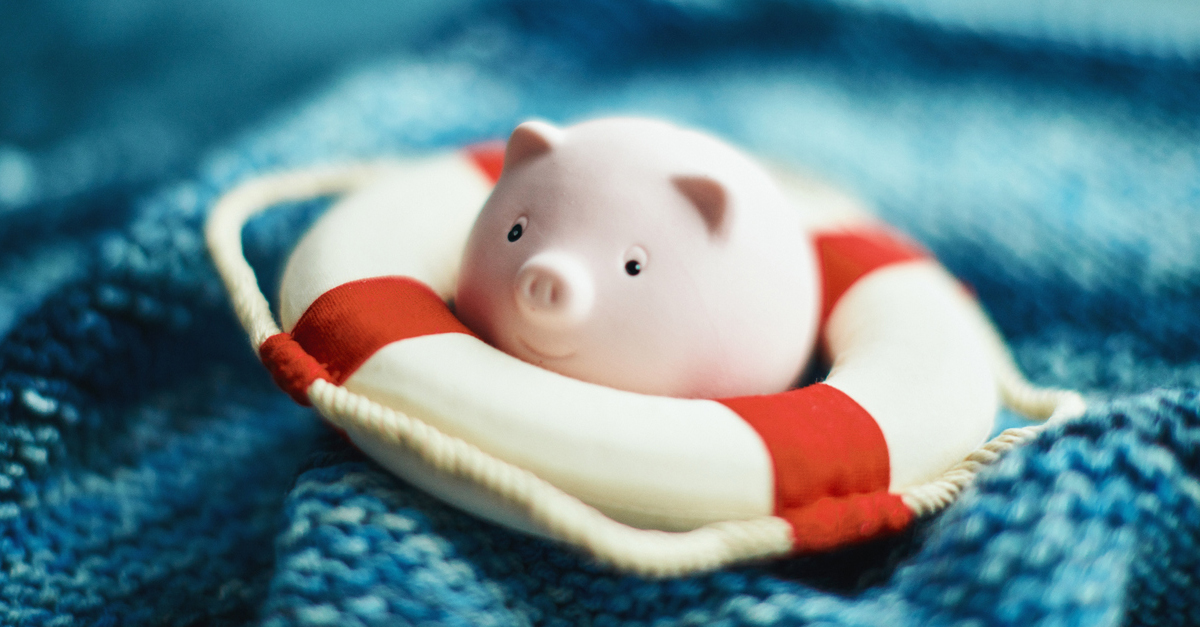
“Protection” is one of the words most often associated with bankruptcy. The purpose of this article is to explain some of the fundamental questions about what protection under the Bankruptcy & Insolvency Act (BIA) means.
Bankruptcy protection applies equally to both personal bankruptcy and consumer proposals which means any comments we make below apply to both procedures filed with a licensed bankruptcy trustee.
Table of Contents
Why might I need bankruptcy protection?
A creditor is somebody you owe money to and if you have stopped making your payments they can choose to pursue some form of legal action against you in order to collect on the debt you owe.
“Taking legal action” means that a creditor sues you in court to obtain a judgment against you. Once this happens, the judgment creditor has the power to garnishee your wages, seize assets or freeze your bank account.
Filing a bankruptcy or a proposal stops your unsecured creditors from taking legal action against you and stops any actions already in place. Formally this is called a “stay of proceedings” and this protection is provided by section 69 of the Bankruptcy & Insolvency Act.
There are procedures that a creditor must follow to obtain a judgment, and that takes time. Fortunately there are legal procedures under the BIA that can stop creditors actions even before it gets to the point where your income or assets are taken from you.
To summarize, in most cases bankruptcy (or a consumer proposal) can:
- stop a wage garnishment before, and even after, one has been issued.
- stop an order to pay from CRA as long as they have not already registered against your assets, and
- stop a creditor than has frozen a bank account.
How do I protect myself?
You should consult with a licensed bankruptcy trustee if you can’t work out a payment plan with your creditors. That’s because in Canada only a licensed trustee can file a consumer proposal or personal bankruptcy for you. Once the “stay” is in effect, your creditors can no longer start or continue the legal action we were describing above.
Are there exemptions?
There is never a stay of proceedings related to the enforcement of family support obligations. Basically, filing a consumer proposal or personal bankruptcy will not stop your obligation to pay child support or alimony.
Another exception is related to secured debts. Most debts that people stress about are unsecured – credit cards, lines of credit, bank overdraft, payday loans, even income taxes. Filing a consumer proposal or bankruptcy protects you from unsecured creditors but not secured creditors. An example of a secured debt is a mortgage or car loan. If you fall behind on this type of payment, the secured creditor has the right to repossess that particular asset. They don’t have to go to court to do this as its part of the contract you would have signed when you bought the house or car.
Filing a consumer proposal or bankruptcy does not stop a secured creditor if you are behind on the payments. If you want to keep the house or car, you have to pay for it. However, by getting your unsecured debts under control with a consumer proposal or bankruptcy, you are likely in a much better position to afford the mortgage and car payments going forward.
Is protection from my creditors the only reason to file bankruptcy?
No. Something else achieved through a bankruptcy or consumer proposal is the elimination of your unsecured debt. Even if you are keeping up with all of your minimum payments and managing to keep your creditors at bay, you may have more debts than you can reasonably repay.
If you are starting to fall behind on your payments and are feeling stress about what your creditors may do its time to talk to a bankruptcy trustee about your debts. Contact us for a free consultation to talk with a licensed insolvency trustee about about the best option to protect yourself and eliminate your debt so that you can start focusing on the future again.






